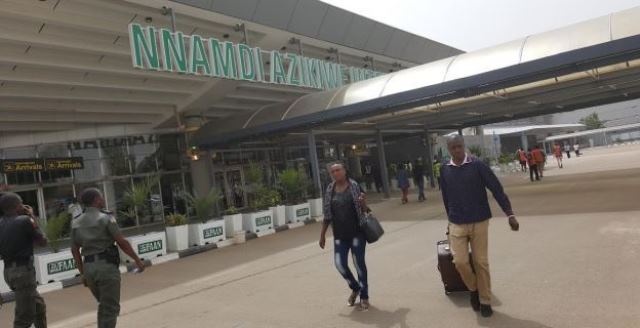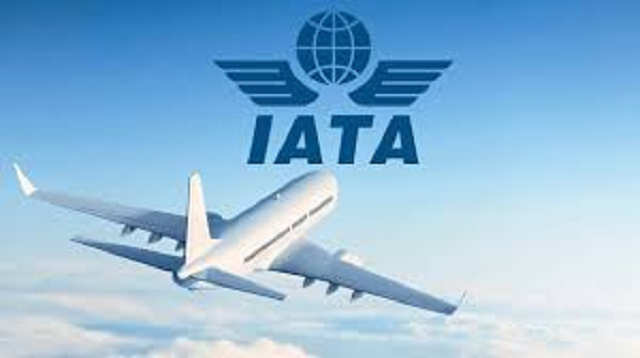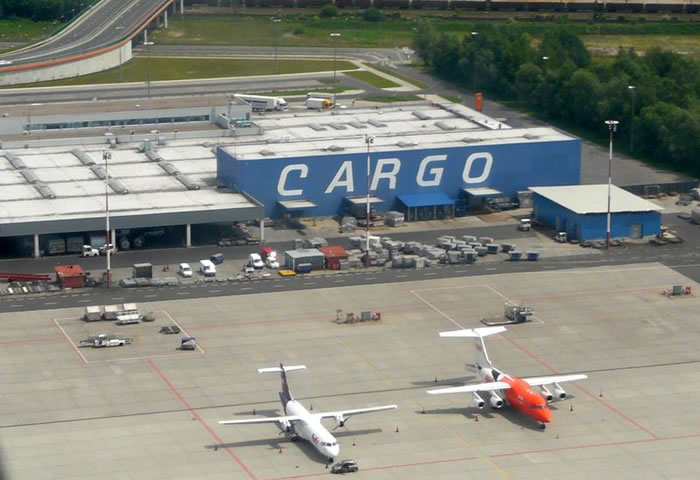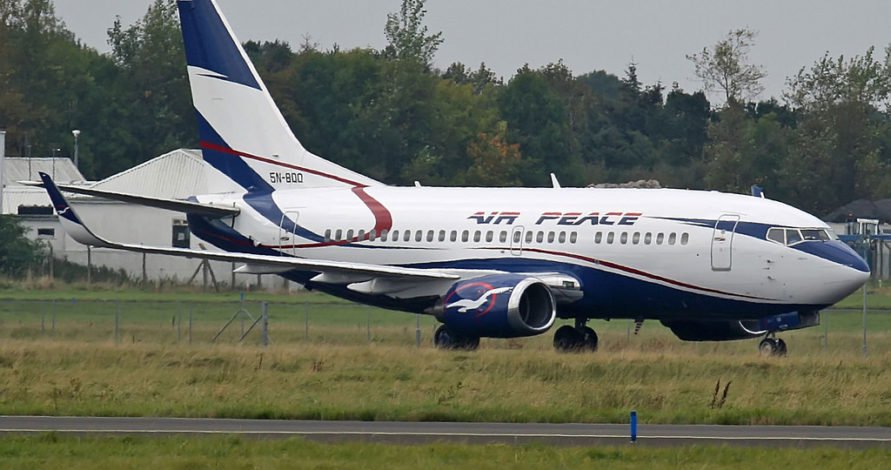The ongoing concession of the Mallam Aminu Kano International Airport in Kano and the Nnamdi Azikiwe International Airport in Abuja is expected to bring in $4 billion (or around N1.84 trillion) for the federal government.
This information was revealed in a statement released on Monday in Abuja by Oluseyi Odutayo, the Federal Ministry of Aviation’s head of press and public affairs, which included updates on the current Nigeria Airport Concession Programme.
The ministry urged Nigerians to work together for the concession of the country’s major airports to be a success, highlighting the significant benefits that were anticipated.
“Over the concession period, the projected nominal revenues from the combined concession of NAIA and MAKIA exceed $4bn. With over 70 per cent of the projected revenues payable to the Federal Airports Authority of Nigeria, the government will benefit from a substantial revenue stream that can be utilised for various developmental projects,” it stated.
It said this infusion of private sector investment and the resulting financial benefits would enable Nigerians to implement the much-needed upgrades to airport infrastructure, technology, and services.
Providing more updates on the programme, the FMA said the successful bidder had pledged $8.5m upfront payment for the Abuja and Kano airports.
“Under the concession agreement for Nnamdi Azikiwe International Airport and Mallam Aminu Kano International Airport, the successful bidder, Corporacion America Airport Consortium, (a New York Stock Exchange Company), has committed to making upfront payments of $7m for NAIA and $1.5m for MAKIA.
“These immediate payments demonstrate their commitment to investing in the development and enhancement of these airports,” the ministry stated.
The Federal Government started the airport concession procedure, which is governed by the Infrastructure Concession Regulatory Commission, in 2016 to entice international investments and technological alliances in the aviation infrastructure sector.
The Federal Government also reaffirmed its unwavering dedication to handling continuing legal issues in a timely manner, in full compliance with the law, and with openness throughout the settlement of the legal challenges.
The NACP plans to use best practices from other countries as a guide to enhance airport functionality and quality, improve Nigerians’ travel experiences, draw in foreign direct investments, and boost tax income.
“We urge all stakeholders to support this transformative process and work together to achieve our shared vision of a thriving aviation sector that benefits all Nigerians.
“By embracing the Nigeria Airport Concession Programme, we can create an aviation industry that drives economic growth, attracts foreign investment, and positions Nigeria as a regional hub for air travel and commerce,” the ministry stated.
















